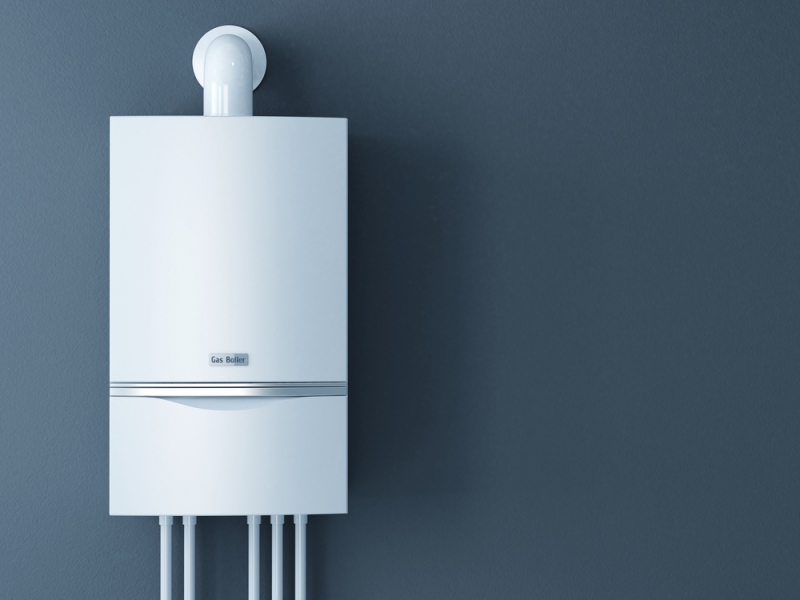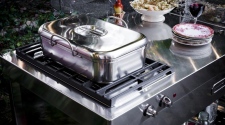Keeping your home heated during the winter can be very expensive. In many cases, people end up paying more than necessary for several reasons that have to do both with the state of the boiler and the use that is made of it.
This can cause heating bills to increase due to poor maintenance of the heating system. One of the biggest losses of efficiency comes from not performing the maintenance and cleaning required to maintain the system in optimal condition.
Tips for optimisation
- It is advisable to carry out a combustion review to ensure proper operation of the entire installation, as well as the tanks, hot water pipes, etc.
- Another element to consider is the radiators. They should be bled (remove the air) at least once a year and before the cold weather arrives. It is not necessary for a professional to do this, although it is recommended because if it is not done correctly, the air bubbles accumulate inside and prevent hot water from passing through them.
- Review your gas bill and compare between different companies that distribute gas and determine the most economical one.
- Remember that only authorised and registered gas technicians should work on the heating installations in your home, as they know how to optimise the performance of the boiler and other elements of the system.
- Another thing that you must review is the type of boiler you have.
- Conventional boilers have been popular for a long time; their main advantage is the price because they can last between 15 and 20 years and the yield is around 90%. The drawback is that they need high temperatures (70-90 degrees) and that increases energy consumption.
- On the other hand, there are low-temperature Performance is around 95% since the temperatures at which they work ranges between 35 and 45 degrees. They are more expensive and need larger radiators, but they allow better regulation of the temperatures depending on the needs at any time.
- Condensing boilers are the most efficient since the heat extracted from the combustion is used by the boiler itself and thus achieves yields of 100%. The only drawback is the initial investment, which is higher than for any other type, but you can save 25% compared to conventional ones.
There is a false myth that this type of boiler needs larger radiators. This is not true because the standard size is perfectly compatible, but it is true that larger radiators allow you to save more by being able to lower the temperature of them.
- Combi boilers offer low-cost and easy installation, as no storage tanks are involved, and can provide cheap hot water and heating throughout your home. Modern combi boilers typically yield more than 90% in terms of efficiency, and new combi boiler prices are more affordable than conventional boilers.
- Another of the most efficient options that currently exist in the market are biomass heating systems, specifically those that use ‘pellets’. These use natural fuels as a source of energy. For this reason, they are considered the most ecological boilers on the market. They have a yield of 90%.
If you are thinking of installing a boiler or need information on what type is best suited to your needs do not hesitate to ask your local heating specialist for advice. They know what you need to optimise the performance of your boiler and heating system and how to help you save money.
















